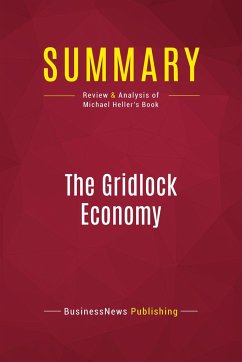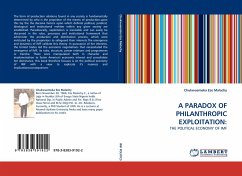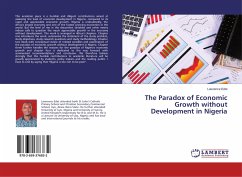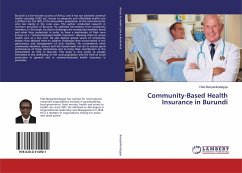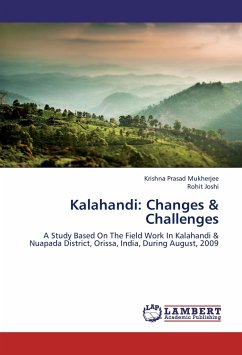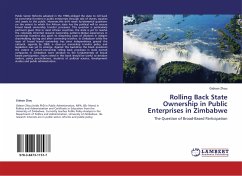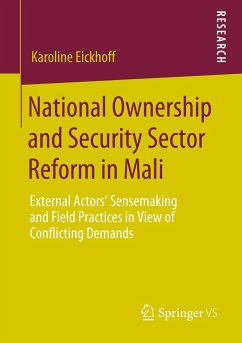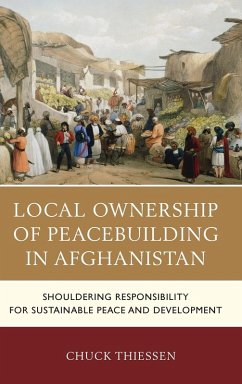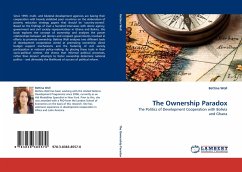
The Ownership Paradox
The Politics of Development Cooperation with Bolivia and Ghana
Versandkostenfrei!
Versandfertig in 6-10 Tagen
52,99 €
inkl. MwSt.

PAYBACK Punkte
26 °P sammeln!
Since 1999, multi- and bilateral development agencies are basing their cooperation with heavily indebted poor countries on the elaboration of poverty reduction strategy papers that should be country-owned'. Based on the findings of over a hundred interviews with donor agency, government and civil society representatives in Ghana and Bolivia, this book explores the concept of ownership and analyses the power relationships between aid donors and recipient governments involved in efforts to promote ownership. Bettina Woll analyses two different tools of development cooperation aimed at promoting ...
Since 1999, multi- and bilateral development agencies are basing their cooperation with heavily indebted poor countries on the elaboration of poverty reduction strategy papers that should be country-owned'. Based on the findings of over a hundred interviews with donor agency, government and civil society representatives in Ghana and Bolivia, this book explores the concept of ownership and analyses the power relationships between aid donors and recipient governments involved in efforts to promote ownership. Bettina Woll analyses two different tools of development cooperation aimed at promoting ownership: direct budget support mechanisms and the fostering of civil society participation in national policy-making. By placing these tools in their socio-political context, she shows that informal political processes, rather than donors' attempts to foster ownership determine national politics and ultimately the likelihood of success of political reform.



